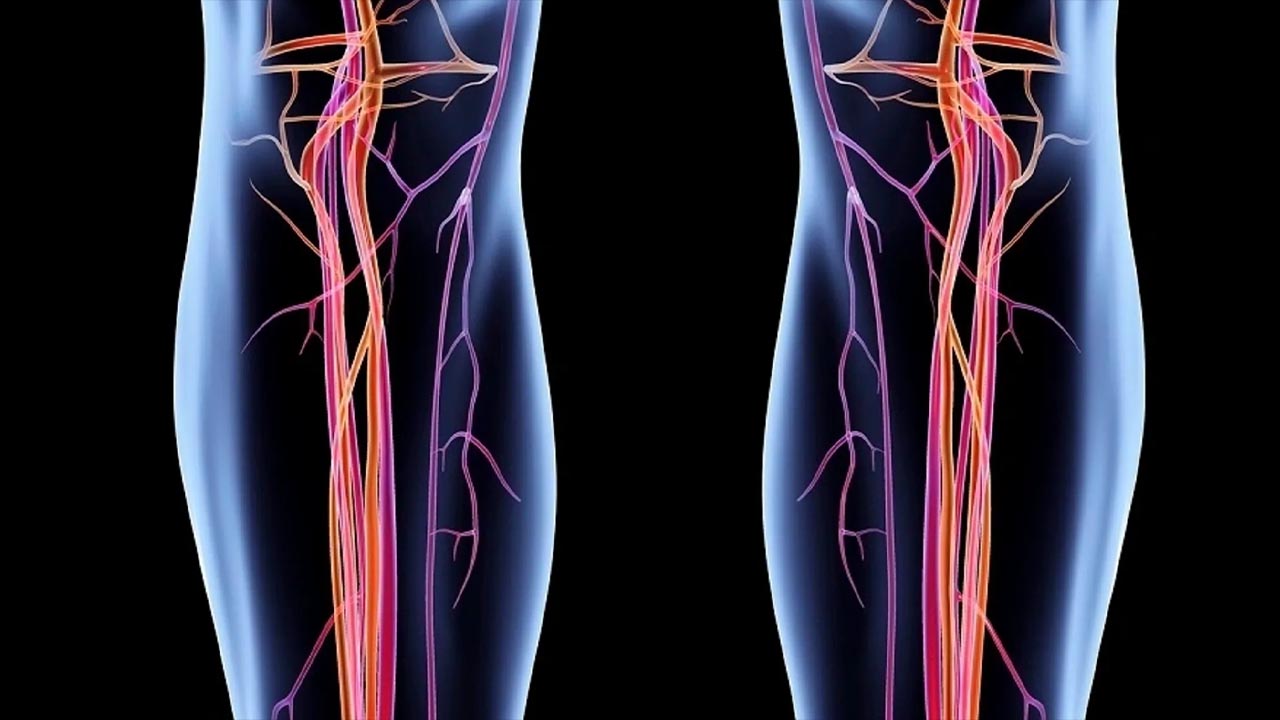The human body’s vascular system is the effective circulatory system, composed of blood capillaries, arteries, veins, and lymphatic vessels. All these working conditions in the body vessel’s network maintain the vascular health of the body; otherwise, any abnormality can lead to various vascular diseases. The unsteady flow of blood, oxygen, and lymph directly affects circulation. Vascular diseases range from
- cardiovascular diseases
- atherosclerosis
- peripheral and carotid artery disease
- pulmonary embolism
- chest pain
- Limb ischemia
- Aortic aneurysm
- Renal vascular diseases
- abdominal and thoracic vascular complications
Immune responses and vascular diseases
A compromised immune and failed circulatory systems are the two major causes of vascular diseases. Like the inflammatory cascade activated in hallmark reactions, immune reactions extensively damage the host tissue. These can be primary and secondary injuries that can significantly alter the homeostasis of the human body. Another important reason often reported for vascular events is the hemodynamic characteristics concerned with blood flow and vessel walls.
Vascular diseases are also related to diet and lifestyle practices which may not be the prevalent contributors to vascular complications. However, they are still vital to be taken accountable for health issues.
Vascular pathophysiology and vascular health management
Clinical stages of vascular diseases or vascular risk conditions are the areas where one can route out central vascular health management. Risk factors invisibility is a pertinent probability that creates a lack of awareness in the patients about their vascular condition. The self and vascular health management programs for vascular issues have the most successful modification in behavioral changes. Nursing care is one of the most common sources of attaining vascular health management and cares for vascular conditions of
- Hypertension
- Hyperglycemia
- Hypercholesterolemia
- Renal vascular diseases
All these vascular risks are mainly due to oxidative stress, irregular blood flow, inflammatory abnormalities, and endothelial dysfunctions. Such states are controllable simply by observing the patient’s medical condition, which specifically investigates the development and prognosis risks of acute vascular disorders properly. This vascular health management, including medicines, surgeries, invasive and non-invasive treatments, and intensive caring by doctors, physicians, nurses, and patients, offers an advantage in vascular care.
Health professional’s guidance involved in vascular health programs
Healthcare assistants professionally handle vascular risk assessment and updates by vascular doctors, physicians, and non-cardiovascular patients. However, it is up to the patient’s awareness level and how much he is fit to monitor his vascular health.
Vascular health management in the morbidity and mortality of vascular diseases at the early stages is mediated by patient education in vascular health programs. Later, vascular prevention is conducted by optimizing the intensification of vascular risks.
Other dietary consumptions are also observed by doctors and dieticians who often recommend vascular patients reduce their cholesterol and saturated fats intake. Thus, overall personal and professional healthcare at the vascular level is the prime approach for vascular homeostasis.




